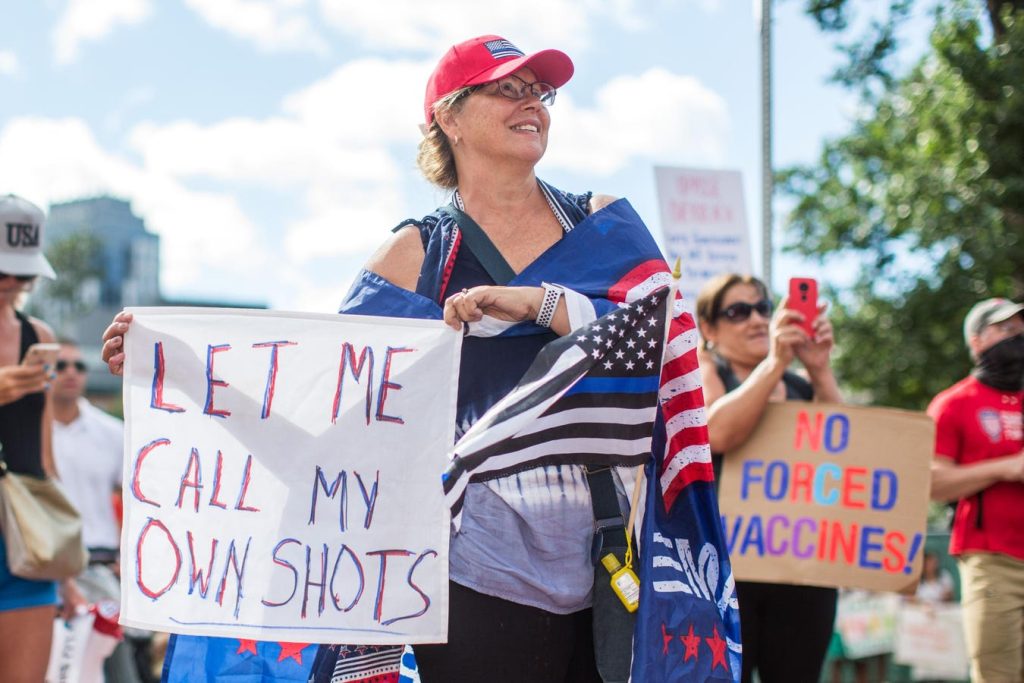Erosion of Vaccine Confidence: A Growing Threat to Public Health
A recent Gallup poll reveals a concerning decline in the number of Americans who consider childhood vaccinations essential. Only 69% of respondents now deem these vaccines "extremely" or "very" important, a stark contrast to the 94% recorded in 2001. This dramatic shift in public perception over the past two decades underscores a growing trend of vaccine hesitancy, with an increasing number of Americans expressing reluctance to vaccinate themselves or their children. This hesitancy has permeated even into public health institutions, exemplified by restrictions placed on Louisiana Department of Health employees, who are now prohibited from promoting vaccines for diseases like COVID-19, influenza, and mpox. This alarming trend raises crucial questions about the underlying causes and the potential consequences for public health.
The confluence of healthcare and politics appears to be a primary driver of this escalating hesitancy. While skepticism towards vaccines has historically existed, the unprecedented politicization of vaccines during the COVID-19 pandemic significantly exacerbated the issue. Conservative leaders frequently framed vaccine mandates as infringements on personal liberty and bodily autonomy, fueling distrust among their followers. Conversely, many liberal and progressive leaders championed vaccination as a crucial collective responsibility for protecting public health. This stark ideological divide transformed vaccines into a political battleground, leading to widespread questioning of their safety and effectiveness and deepening the rift between Republicans and Democrats on the issue.
The Gallup poll highlights this growing partisan divide, revealing that only 26% of Republicans and Republican-leaning Independents consider childhood vaccinations extremely important, compared to 63% of Democrats and Democrat-leaning Independents. This 37-percentage point gap represents a dramatic increase from the mere 4-point difference observed in 2001, underscoring the intensifying polarization surrounding vaccines.
The spread of misinformation, often amplified through social media, has further fueled vaccine hesitancy. One prominent example is the debunked claim linking the MMR vaccine to autism. Despite the lack of scientific evidence supporting this association, the misinformation persisted, eroding public trust in vaccines. This, coupled with inconsistent messaging from political leaders, has led many to question the motivations behind vaccine promotion, suspecting political agendas rather than scientific evidence. The rapid development of COVID-19 vaccines further fueled this skepticism, with some questioning the thoroughness of the testing process.
The consequences of this growing hesitancy are already manifesting in the resurgence of preventable diseases. Measles, declared eradicated in the US in 2000, has seen a concerning uptick in cases this year, largely among unvaccinated individuals. This resurgence underscores the critical importance of herd immunity, the protective shield conferred upon a community when a sufficient percentage of the population is vaccinated. For measles, this threshold is 95%, a level increasingly threatened by vaccine hesitancy. The current measles outbreaks across multiple states serve as a stark reminder of the potential for preventable diseases to reemerge when vaccination rates fall.
Reversing this troubling trend and restoring public trust in vaccines requires a multifaceted approach involving government officials, public health experts, healthcare providers, educators, and parents. Transparent and consistent communication is paramount, emphasizing the scientific evidence supporting vaccine safety and effectiveness. Strengthening educational programs and promoting digital and media literacy can help individuals discern credible information from misinformation. Furthermore, continued investment in research and development is essential to address emerging infectious diseases and refine vaccination strategies. Finally, fostering open and honest dialogue between healthcare providers and parents can address individual concerns and build confidence in vaccine recommendations.
The resurgence of measles and the declining confidence in childhood vaccinations serve as a wake-up call. Addressing vaccine hesitancy requires a concerted effort to counter misinformation, promote scientific literacy, and rebuild public trust. The health of our communities and future generations depends on it. We must recognize that vaccines are not merely a medical intervention, but a vital tool for safeguarding public health and preventing the resurgence of devastating diseases. Continued vigilance, education, and open communication are essential to ensuring that vaccines remain a cornerstone of public health protection. The current trends underscore the fragility of public health gains and the urgent need for a collective commitment to informed decision-making based on scientific evidence.






